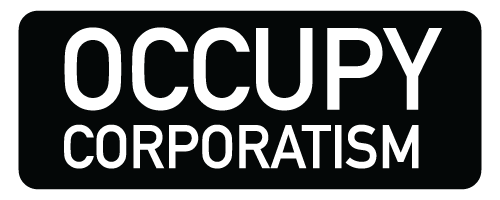Sondra Arquiett, who had never set up a Facebook page, had her identity stolen by US Drug Enforcement Administration (DEA) Special Agent Timothy Sinnigen in order to communicate with “wanted fugitive[s]” in regard to a drug ring.
Arquiett’s image was taken from her cell phone which was seized by law enforcement officers after she was arrested for taking part in a drug ring. While the victim was waiting for her sentencing, pictures from her cell phone were used to create a fake account on Facebook to lure drug dealers on social media by Sinnigen.
Because of the Community Standards set up by Facebook stating that “claiming to be another person, creating a false presence for an organization, or creating multiple accounts undermines community and violates Facebook’s terms”, the social media site must have been aware of the account set up by Sinnigen.
It was after this story broke in the news that Facebook took down the fake Arquiett profile because “it violates our community standards”.
And this only came to light because Arquiett filed a lawsuit against the DEA in a New York District court for violation of privacy and “placing [Arquiett] in danger” because of the nature of the purpose for the identity theft by Sinnigen.
In court documents, Arquiett stated that the DEA agent impersonated her, “created the fake Facebook account, posed as her, posted photos, sent a friend request to a fugitive, accepted other friend requests, and used the account for a legitimate law enforcement purpose.”
The rationale for Sinnigen’s actions were explained as: “Defendants admit that Plaintiff did not give express permission for the use of photographs contained on her phone on an undercover Facebook page, but state the Plaintiff implicitly consented by granting access to the information stored in her cell phone and by consenting to the use of that information to aid in an ongoing criminal investigations [sic].”
Kimberly Zimmer, attorney for Arquiett, said in a motion during sentencing of Arquiett: “Ms. Arquiett never intended for any of the pictures on her phone to be displayed publicly, let alone on Facebook, which has more than 800 million active users,” she wrote in the motion addressing sentencing. “More disturbing than the fact that the DEA Agents posted a picture of her in her underwear and bra is the fact that the DEA agents posted a picture of her young son and young niece in connection with that Facebook account, which the DEA agents later claim was used for legitimate law enforcement purposes, that is, to have contact with individuals involved in narcotics distribution.”
While police are currently allowed to make fake profiles even while the Department of Justice (DoJ) stated publicly that they are reviewing this practice, it is not just this unique invasion of privacy online that citizens must be concerned about.
Shockingly, the DoJ allows law enforcement to create fake social media profiles to facilitate tracking of suspects.
This practice, according to the DoJ for “creating personas or profiles on social media outlets for use in law enforcement activities is ethical.”
In NY, Raymond Kelly, commissioner for the NYPD, explained that “police must register intended aliases with the department and use a department-issued laptop.”
Two years ago Melvin Colon was arrested by the New York Police Department after a Facebook friend agreed to hand over “private” messages and correspondence with Colon to authorities.
According to the presiding judge in the case: “Colon’s legitimate expectation of privacy ended when he disseminated posts to his ‘friends’ because those ‘friends’ were free to use the information however they wanted — including sharing it with the government.”
Social media has quickly become an effective tool used by an estimated 1,221 surveyed federal, state and local law enforcement; translating to 1 out of 5 officers questioned who use social media “at least once a week” and assert that “social media helps solve crimes faster.”
According to the survey: “Social media is a valuable tool because you are able to see the activities of a target in his comfortable stage. Targets brag and post … information in reference to travel, hobbies, places visited, appointments, circle of friends, family members, relationships, actions, etc.”
In fact, because this tool is so successful in apprehending criminals, in 2008, 71 people were arrested based on social media investigations that led to the creation of databases of citizen information extracted from social media that was cross referenced with “existing police records and phone records, then used software to analyze the data and establish links between suspects.”









